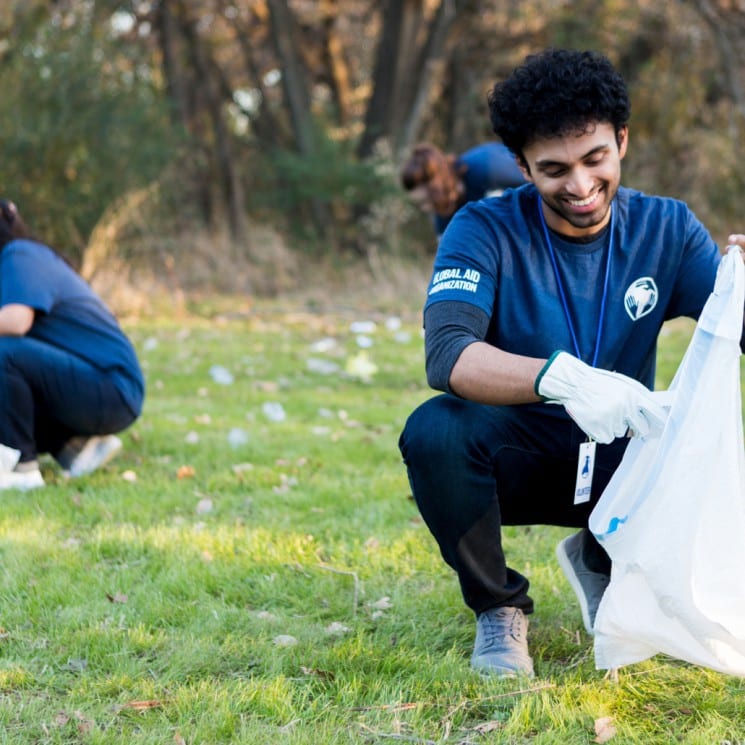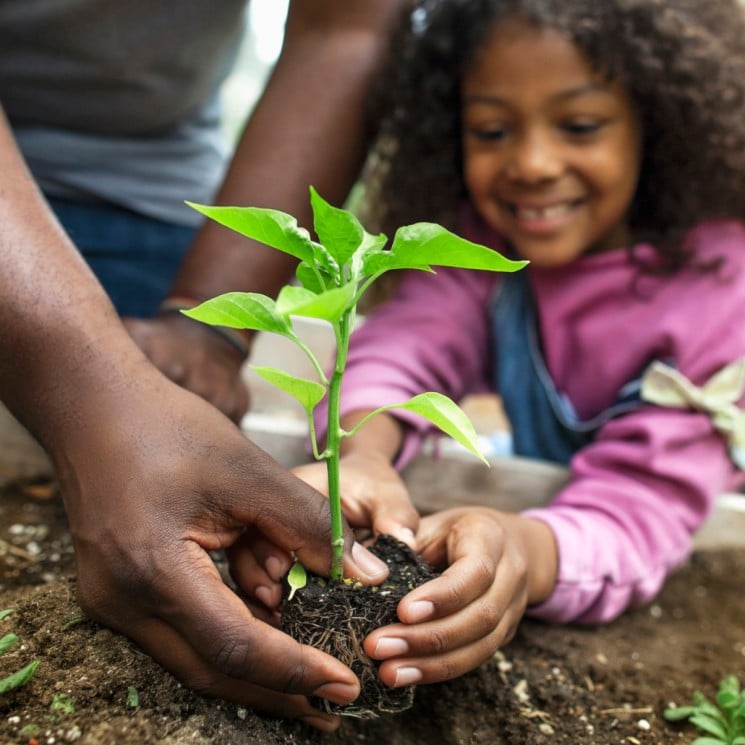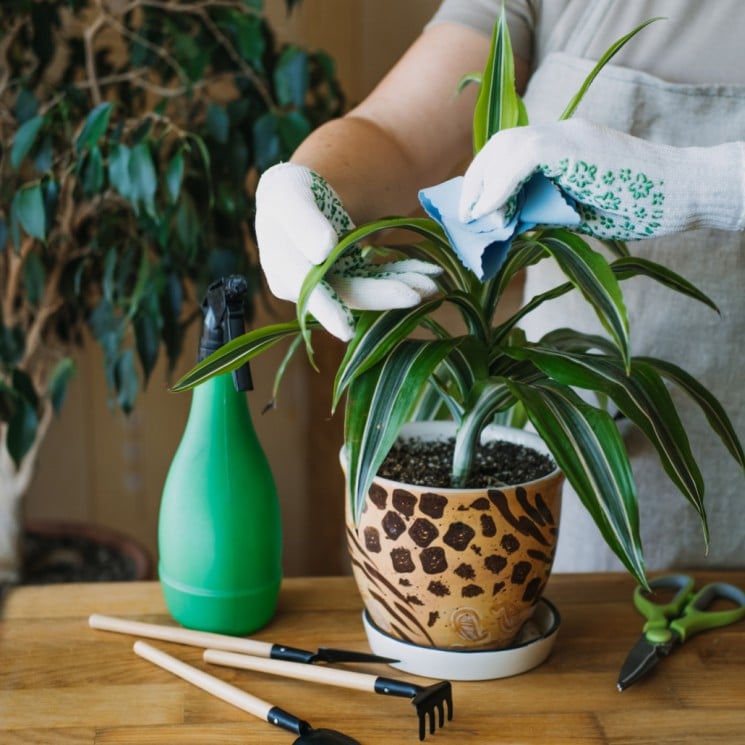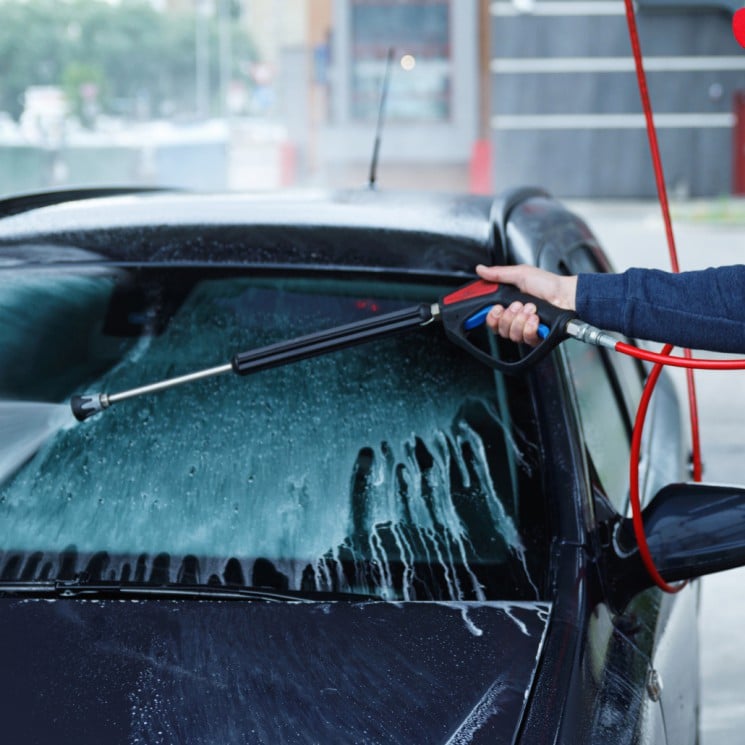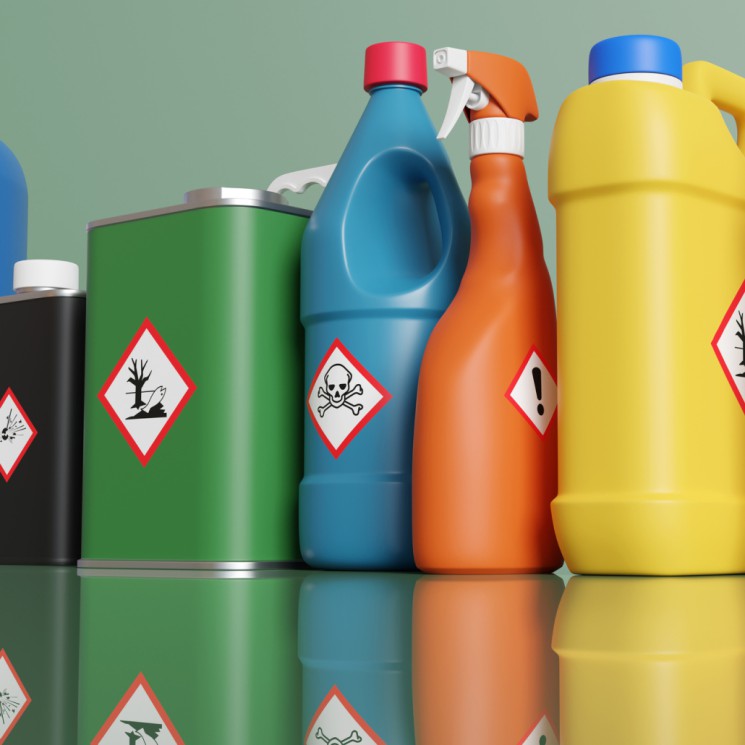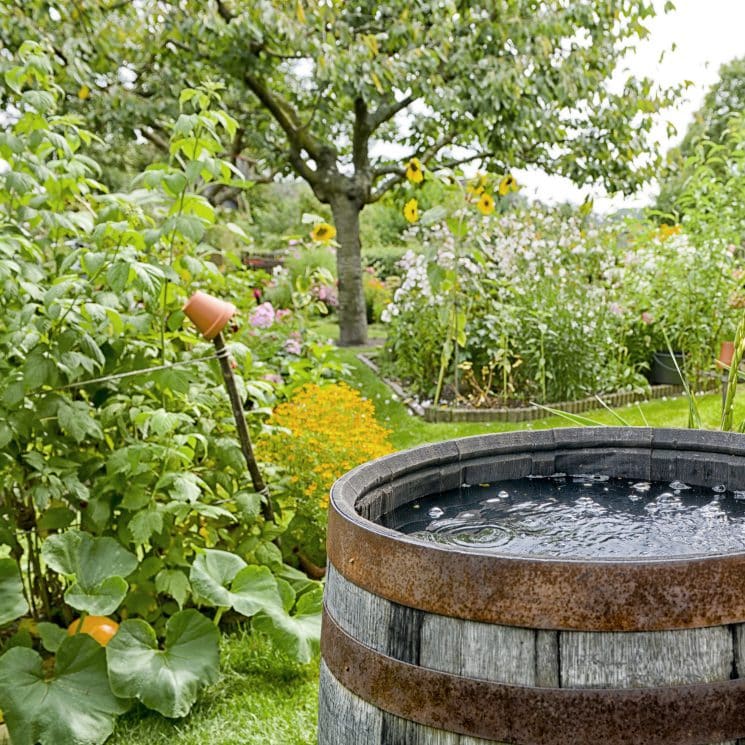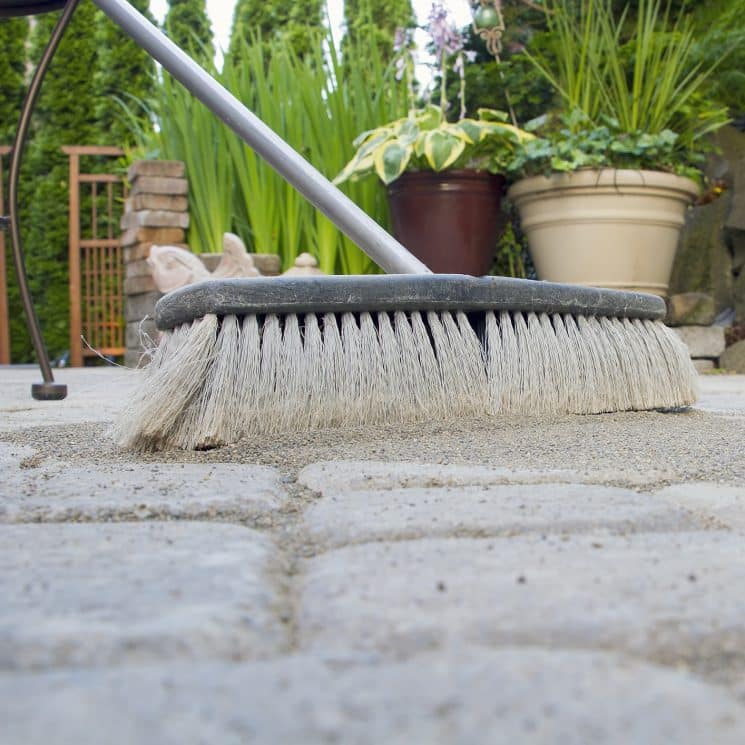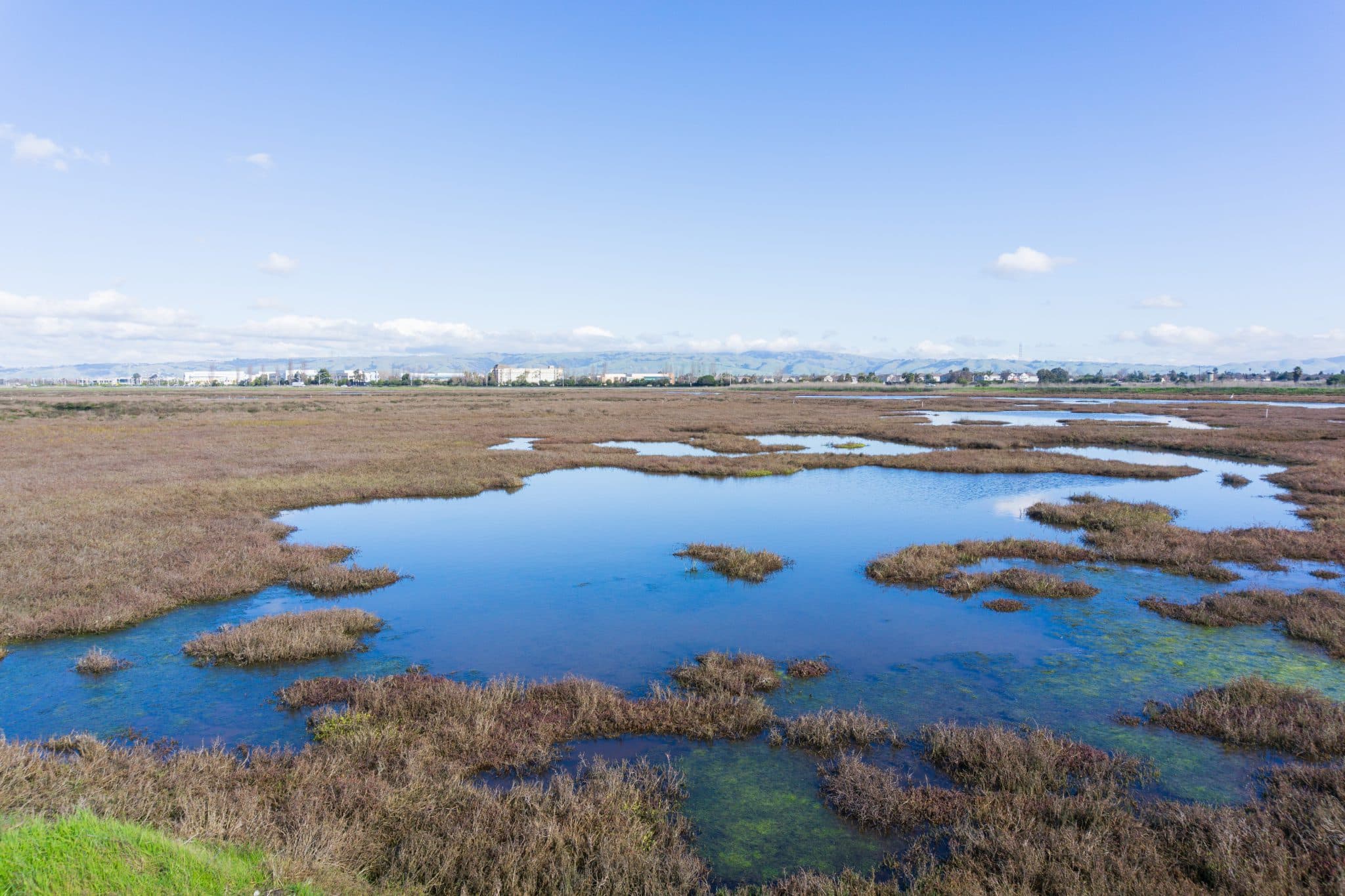

Preventing stormwater pollution begins at home. The good news is that when you take action to protect our waterways, you also create a healthier, safer and more sustainable place for yourself, your family and pets to live and play.
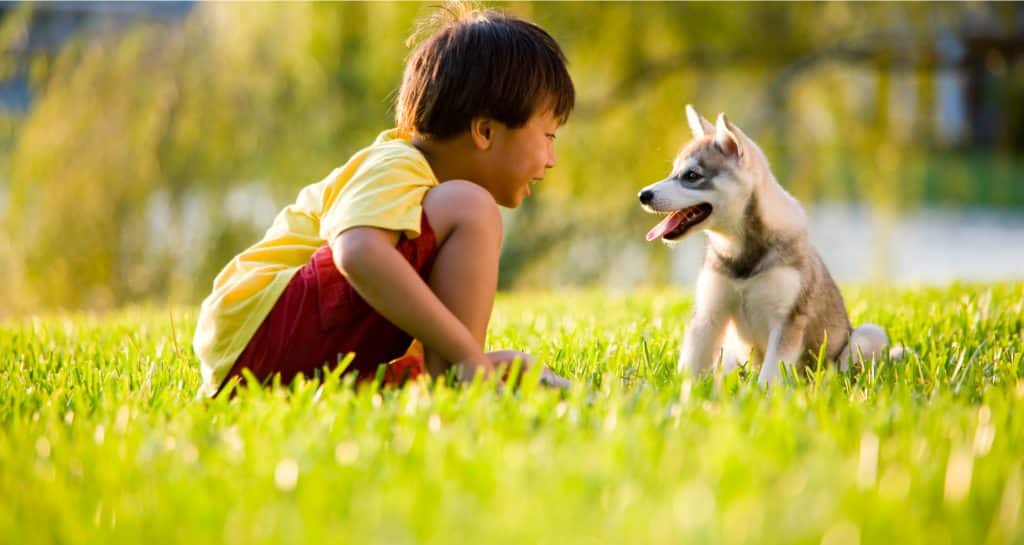
By choosing environmentally friendly products and practices, you protect yourself and your family from harmful chemicals, and protect local waterways in Santa Clara Valley! That’s because you live in a watershed. Our communities are connected to the waterways through storm drains, gutters, and ditches. Stormwater pollution happens when pollutants from everyday activities, such as motor oil, paint products, pet waste, litter, sediment, fertilizers and pesticides are washed by rain and over-watered lawns into neighborhood storm drains. Because of this connection, what you do at home and outdoors matters!
Move your mouse (or tap with finger) over this map to reveal the answers!
It takes the mindful actions of each person within a watershed to keep our land and waterways clean.
